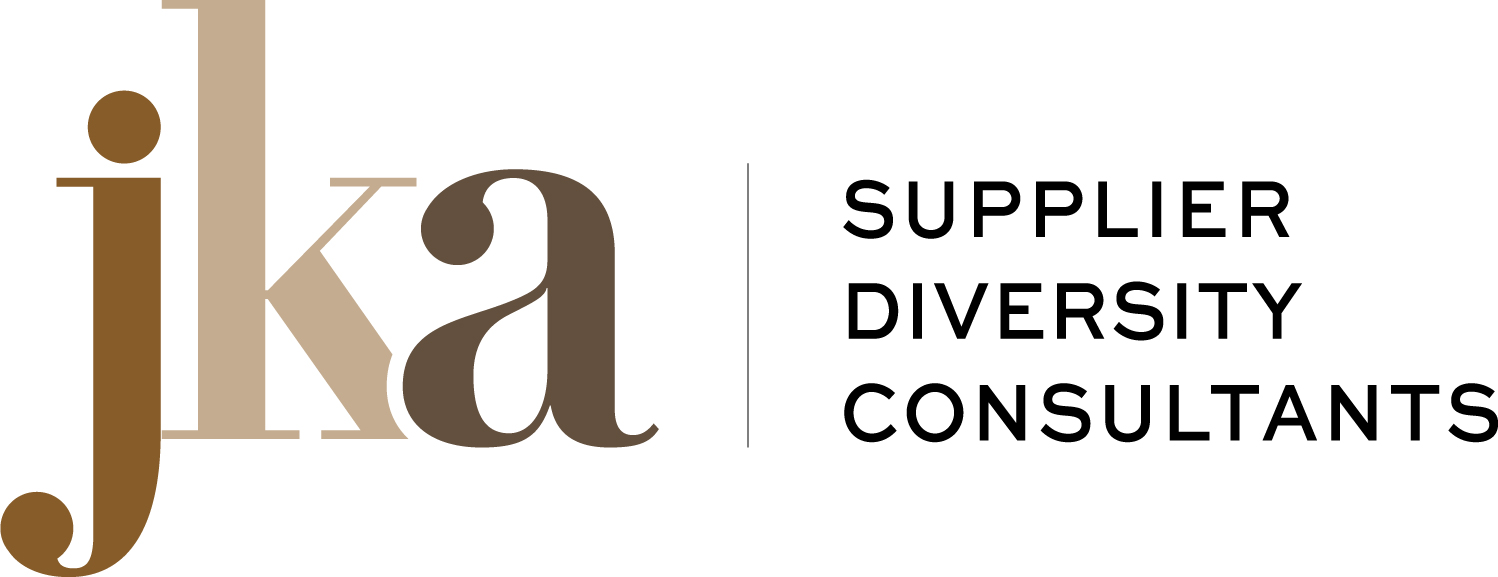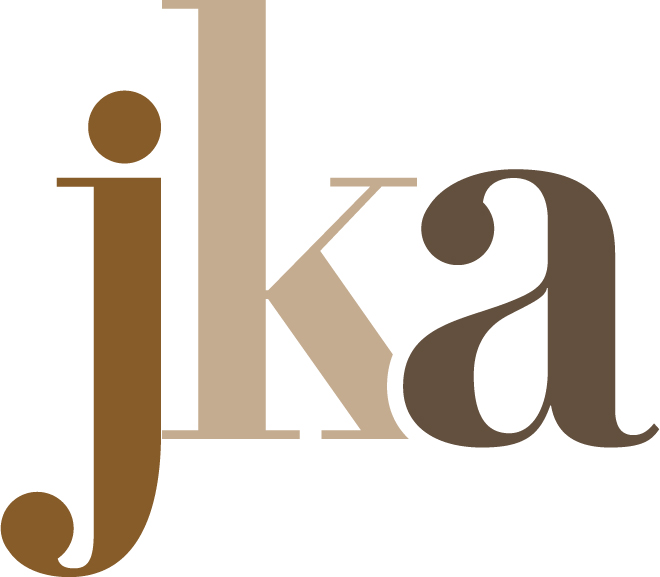Government buyers are just like any other potential client, for them to do business with you they need to know, like, and trust you. Many small business owners wrongly assume they should not be marketing to government buyers because of procurement policy rules. The only time you cannot communicate directly with government buyers is during the actual RFP process. It’s okay to communicate with government buyers at other times throughout the year.
When marketing to government buyers it’s important for you to consider who are the buyers and what are some of the issues they are facing. This can be accomplished through a well thought out plan for market research. Some of the things you should consider include what are the agencies buying, how are the agencies buying, and who are they buying from. In addition, you may also want to consider the agency’s mission, vision, and values.
In crafting your marketing message, you will also need to consider branding. Branding simply stated is about your promise to your clients. What are you known for? What can clients expect from you? It also relates to creating an identity that is in alignment with your branding promise with the use of messaging, color, and a company logo. Buyers have choices, they can purchase goods and services from anyone, so the question really becomes — why you?
Communication with government agencies requires you to have a detailed capability statement. Your capability statement should include information on your company, contact information, an overview of your past performance, your differentiators, certification, and the appropriate commodity codes. The capability statement should be branded with your company logo and colors, and if you are printing the document, it should be printed on high quality paper. If you are sending the document out as a PDF, it should be a high-quality resolution document. I recommend using a graphic designer to create the capability statement as it should reflect your company’s best work. In addition to having a capability statement, you should also have basic marketing tools, which includes a business card, website, and an accurate on-line business profile.
Once you have determined who your ideal clients are, you should have a strategy for communicating with them on a regular and consistent basis. We recommend the use of a marketing calendar to help you stay on track and avoid being inconsistent. The nice thing about having a calendar is you can automate some of the tasks and delegate it as your company starts to grow. A marketing calendar will also enable you to measure results to determine what is working and what is not.
For workshops on navigating the NYC government, creating compelling marketing materials, and more, visit our events page for upcoming workshops.
Do you like these quick tips? Sign up for our #MWBEsuccess newsletter by clicking here for free small business guides to grow your business!






